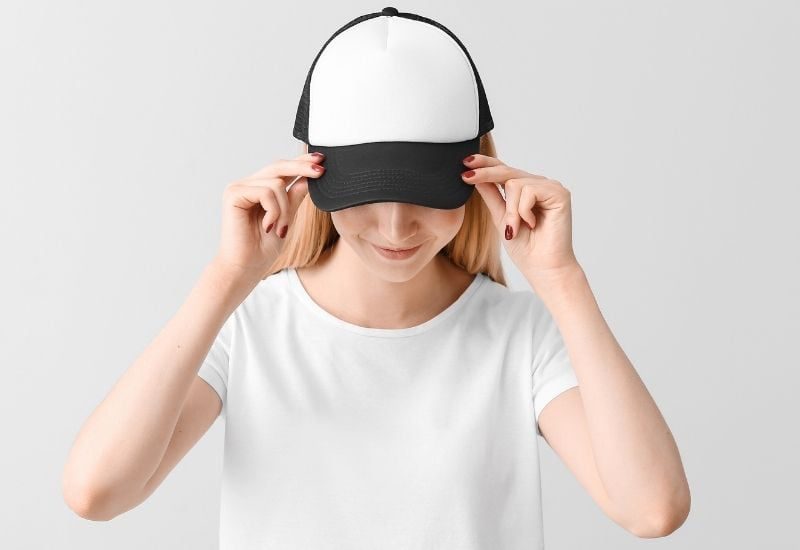You probably wear sneakers and express your world view through statement T-shirts, don’t you? It’s hard to move beyond the style basics when you don’t have the opportunity—or the budget—to buy more clothes. But teenagers still have one way to stand out: with headgear. The surprising history of the baseball cap is a reminder that it’s not always what you wear—it’s how you wear it.

1849: The New York Knickerbockers proudly sport some of the earliest baseball caps, but they don’t look quite right: The hats are made of straw and would look more at home on a jockey.
1954: The New Era brand had a hit with the 59FIFTY model, which introduced plastic visors you could mold. Soon, fans wear them to support their teams during games.
1960s: Agriculture companies begin advertising on trucker hats.
Late 1970s: Baseball caps are finally considered acceptable outside stadiums.
1980: Tom Selleck sets a trend by wearing a Detroit Tigers cap in the monster hit, Magnum, P.I.
Early 1980s: Underground stylist Dapper Dan outfits early rappers with baseball hats emblazoned with knockoff designer logos.
Mid-1980s: Gucci and other high-end brands take the hint and produce real hats just like Dapper Dan’s. Hip hop stars wear them both to show off their success and remind fans of their humble street roots. In 2018, things come full circle when Gucci and Dapper Dan collaborate on a fashion line.
1984: Bruce Springsteen stuffs his baseball cap in the back pocket of his jeans on the cover of his album “Born in the U.S.A.”
1990: South Africa’s Nelson Mandela wears a baseball cap at a New York rally in his honor and declares, “I am a Yankee.”
Early 1990s: Pop icons like Will Smith wear caps with bright colors, luxe materials, and crazy patterns—a boldness that continues to influence statement hats today.
1994: Aaliyah wears a Chicago White Sox cap to promote “Age Ain’t Nothing But a Number.”
1999: Rapper Memphis Bleek fits his cap over a do-rag.
2015: Donald Trump co-opts red baseball hats for his campaign slogan “Make America Great Again.”
2016: Chance the Rapper cashes in on his ubiquitous “3” cap by selling online at $45 a pop.
2017: Jennifer Lopez wears a Yankees hat to announce her relationship with Alex Rodriguez—without saying a thing.
In 2020, the fashion world is still trying to shake off the resurgence of the “dad hat,” but no one knows what form it might take next. The surprising history of the baseball cap shows how just one hat can mean so many different things. Depending on your style, you can wear it as a statement accessory, to deliver a message, to illustrate individuality, to rebel against expectations, to shield yourself from cameras, and for innumerable other purposes. Of course, you can always just wear one to, you know, support your favorite team.
